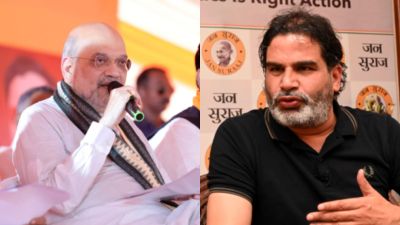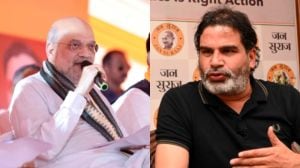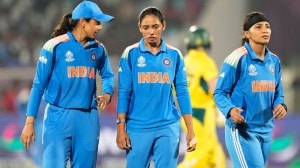National policy does not imply national culture
Let me make it clear at the very outset that the exercise of drafting a National Culture Policy does not presuppose the existence of or the identification of a ‘national culture’.

Let me make it clear at the very outset that the exercise of drafting a National Culture Policy does not presuppose the existence of or the identification of a ‘national culture’. That would be absurd and meaningless and therefore out of question. The first point then is that what exactly are we trying to do by drafting a National Culture Policy.
I will come to that later but let me first say that the present exercise for drafting such a policy is not something new. In fact, several committees have gone into this question before. The present exercise, a fresh attempt to look into the issue, began in 2006. Members of this committee are unanimous in their view that there cannot be any tinkering with the multi-cultural ethos of this country and any notion that the deliberations were aimed at defining a ‘national culture’ must be dispelled.
Therefore what is it that we are trying to do? As everyone knows, India has a vast and varied cultural heritage and there is a government intervention both at the central as well as the state level in matters related to culture. The intervention has been in many areas like museums, preservation and maintenance of historical sites, organising cultural festivals and so on. The question whether government intervention in cultural affairs is necessary or desirable is a separate debate but as of now we are reconciled to this fact that government intervention does exist.
Culture is an ever-evolving subject so the government intervention at all levels must be able to adapt in a way so as to ensure that all different kinds of cultures continue to get support.
This is where a good policy has a role to play. First, to describe what we have and then, to preserve it, strengthen it through appropriate state intervention. There is this whole argument that we are not doing enough to protect our cultural heritage. Then there is the issue of documentation. New cultural forms come and old ones die out. We need to document all these. There are also many intangible areas of culture. So many gharanas of classical music, a variety of folk forms, ballads, dance forms exist in this country and the ideal situation would be to be able to provide adequate support to each one of them.
While drafting any such policy, ultimately it all boils down to what is actionable and what is not. Therefore, one needs to actually spell out what are the things that are actionable and then go about doing it with maximum efficiency. So the effort is to see what are the kinds of institutional improvements that can lead to a better management of issues related to culture.
Supporting a cultural environment must also take into consideration the distinction between popular culture and mass culture. Popular culture evolves from the participation of a large number of people. Mass culture, on the other hand, is created for the people, generally imposed and has the tendency to manipulate through the use of mass media like television. Essentially an urban phenomenon, mass culture is an important tool in urbanising the country. It has a tendency to homogenise. The recent IPL cricket tournament is a good example. It changed our cultural life by taking our 45 evenings. Similarly, Bollywood, a term which I abhor because it does not represent the whole of Indian cinema and has a tendency to create a hegemony.
We need to analyse the role that mass culture plays in our lives by recognising its power, recognising its language, the methods it uses to change or manipulate common people. In fact, elements of mass culture need to be studied by bringing it within the spectrum of formal education.
Then there is the very important issue related to strengthening of forces outside of government working in the cultural arena. A number of organisations are doing an excellent job and they need to be given more support.
I am quite hopeful that the exercise to look for a National Culture Policy would result in a satisfactory redressal of all such issues. Maybe the term ‘National Culture Policy’ also needs to be amended because it does give the impression that the effort is to define a uniform single national culture, which it is not.
The writer, a film director, is on the drafting committee of the National Culture Policy






- 01
- 02
- 03
- 04
- 05

























